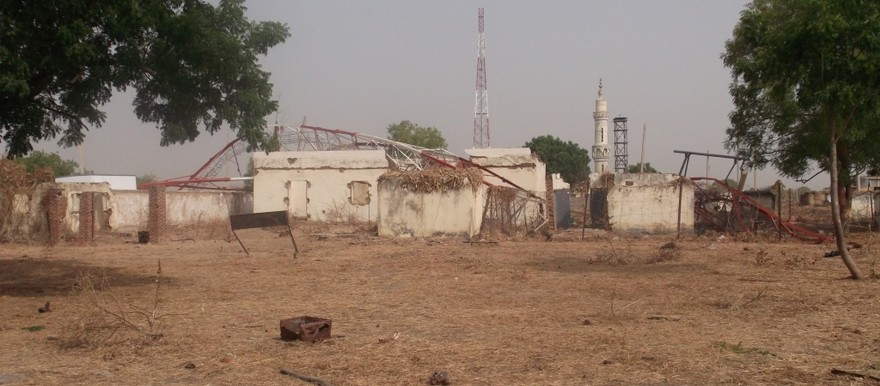The political situation in the disputed Abyei region “remains bleak” with poor prospects for resolution, says the thinktank Small Arms Survey in a new report.
Abyei has seen about 20,000 of 110,000 displaced Dinka Ngok residents return since the withdrawal of the Sudanese army from the territory in May 2012, a year after their invasion of the disputed oil region.
Since then a 4000-man Ethiopian force under a UN banner has controlled the area, with the exception of the Diffra oil installation where more than 100 Sudanese troops remain. The role of the Ethiopian soldiers has been ‘encouraging,’ says Small Arms Survey, which credited them with keeping the area relatively secure.
In an update published Friday, however, the thinktank said there were “bleak prospects” for resolution of the conflict. It noted that negotiations have stalled at a time when 1.2 million Arab-owned cattle in the Abyei area are increasingly hemmed in without adequate water resources and restricted from onward movements into Dinka Ngok-inhabited areas and neighboring states.
“This problem may become increasingly severe. Migration along the western and central corridors has now reached the River Kiir, while migrants in the eastern corridor have now arrived at the border with Unity state. Just as during the last migratory season, migrants have found their way into South Sudan blocked,” reported Small Arms Survey.
“At a meeting on 14 December, Twic Dinka chiefs and the Warrap state authorities refused Missiriya entry, claiming that there were insufficient water resources, and that the Missiriya brought security risks. If the Missiriya cannot enter South Sudan, this will put further strain on grazing resources in Abyei, and remind the Missiriya that if Abyei joins South Sudan, they may end up being barred there, as well,” it added.
The paper contended that besides the local factors, the political dynamics in Khartoum do not favour a solution compromise solution: “At present, there is little reason to expect further developments in negotiations over Abyei in the near future. The current situation favours the NCP, which continues to extract some oil revenue from Defra, and as it is able to avoid concessions that might prove politically disastrous inside Sudan, as the party’s ruling clique fights dissent in its ranks, and armed revolts continue in South Kordofan, Darfur, and Blue Nile.”
“Politically, the situation remains bleak. With President Bashir under increasing strain inside Sudan, his opponents would take any political concessions made to South Sudan as a sign of weakness. For the time being, the GoS negotiating position looks likely to remain that the Missiriya must play a full part in any referendum,” it said.
Finally, the report said that diplomats have so far failed to forge a political resolution, “and there is no sign this will change,” adding that “the Abyei crisis is far from resolved, and the prospects for peaceful resolution are nowhere in sight.”
Small Arms Survey is a research organization based at a university in Geneva, Switzerland, and supported by governments of Europe and North America.
Access the full report here (pdf).
Photo: A panorama of Abyei town, 28 February 2013 (Radio Tamazuj)




